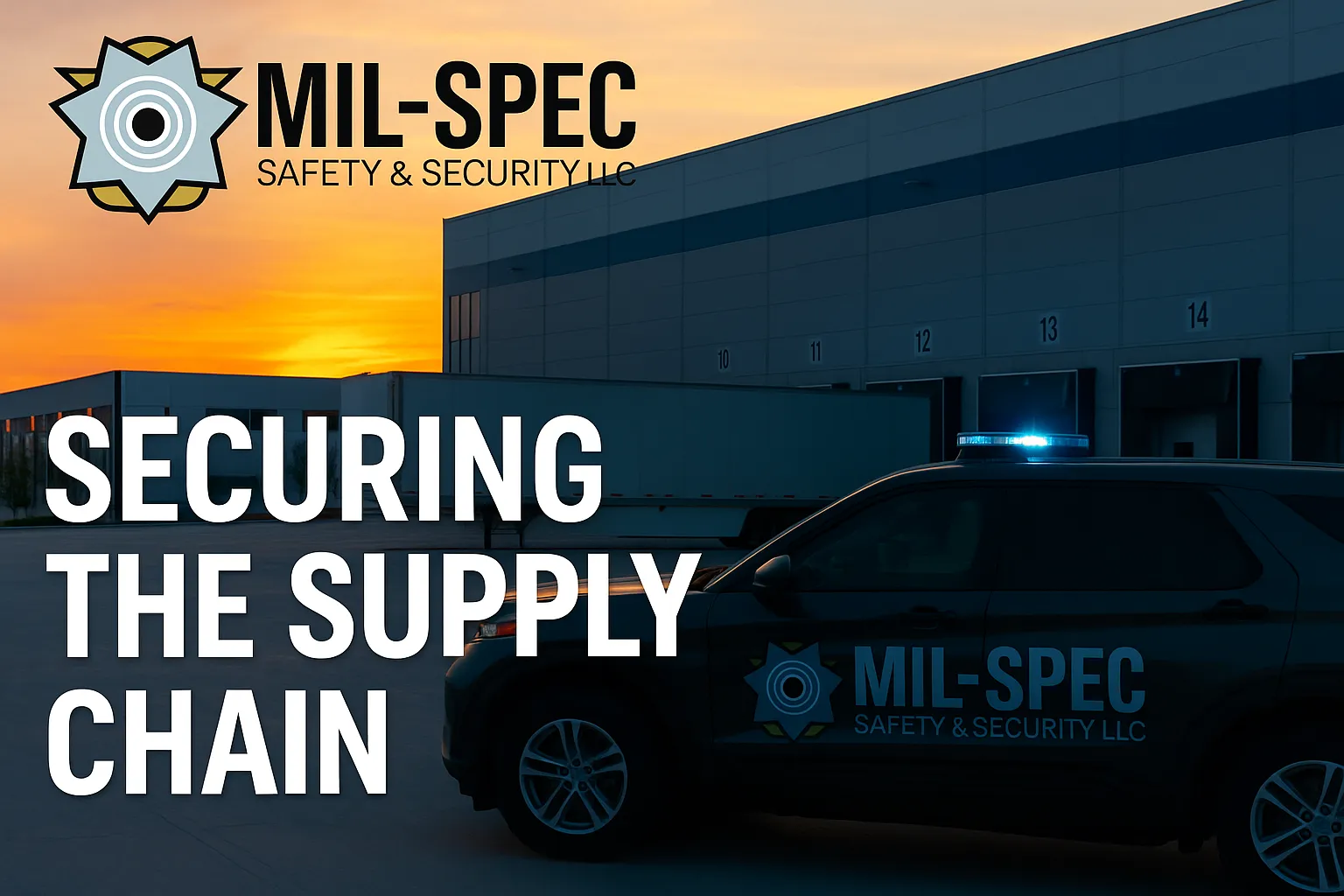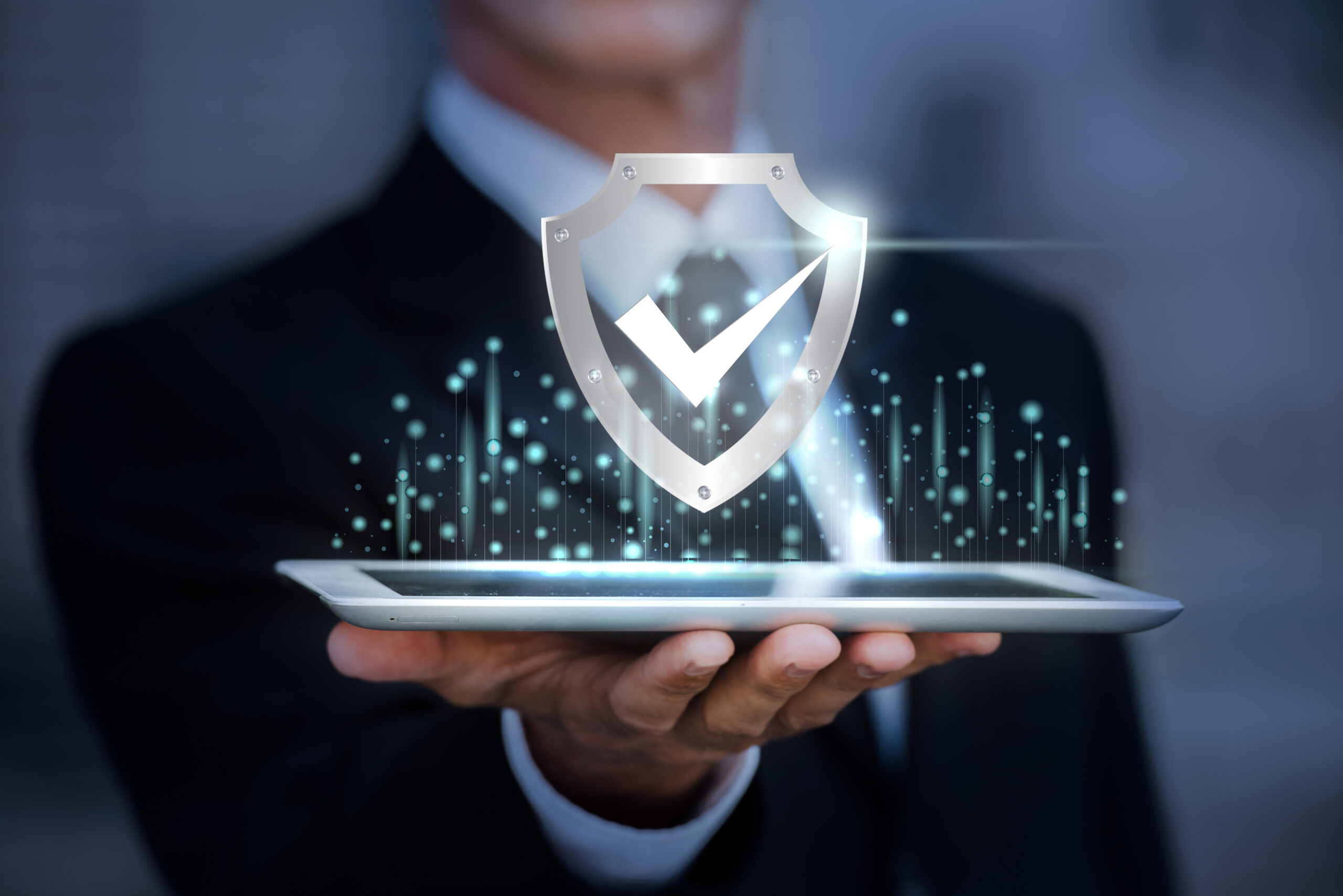
Why Fire Watch Services Are Essential for Construction and High-Risk Sites
Discover how Mil-Spec Safety & Security protects warehouse and logistics operations in Philadelphia, Pennsylvania, with tailored mobile patrols, tech, and proven procedures.

Discover how Mil-Spec Safety & Security protects warehouse and logistics operations in Philadelphia, Pennsylvania, with tailored mobile patrols, tech, and proven procedures.

Discover how Mil-Spec Safety & Security protects warehouse and logistics operations in Philadelphia, Pennsylvania, with tailored mobile patrols, tech, and proven procedures.

Discover how Mil-Spec Safety & Security protects warehouse and logistics operations in Philadelphia, Pennsylvania, with tailored mobile patrols, tech, and proven procedures.
In an increasingly interconnected and fast-paced world, safeguarding assets whether residential, commercial, or industrial has never been more critical. Traditional

Introduction In today’s unpredictable world, the need for robust professional security services has never been greater. Whether you’re a business

Enhance your security with regular threat analysis to implement effective preventive security measures today.
(215) 882-2328
We partner with our clients for a deeper understanding of what is required and deliver cost-effective solutions without compromising on quality.